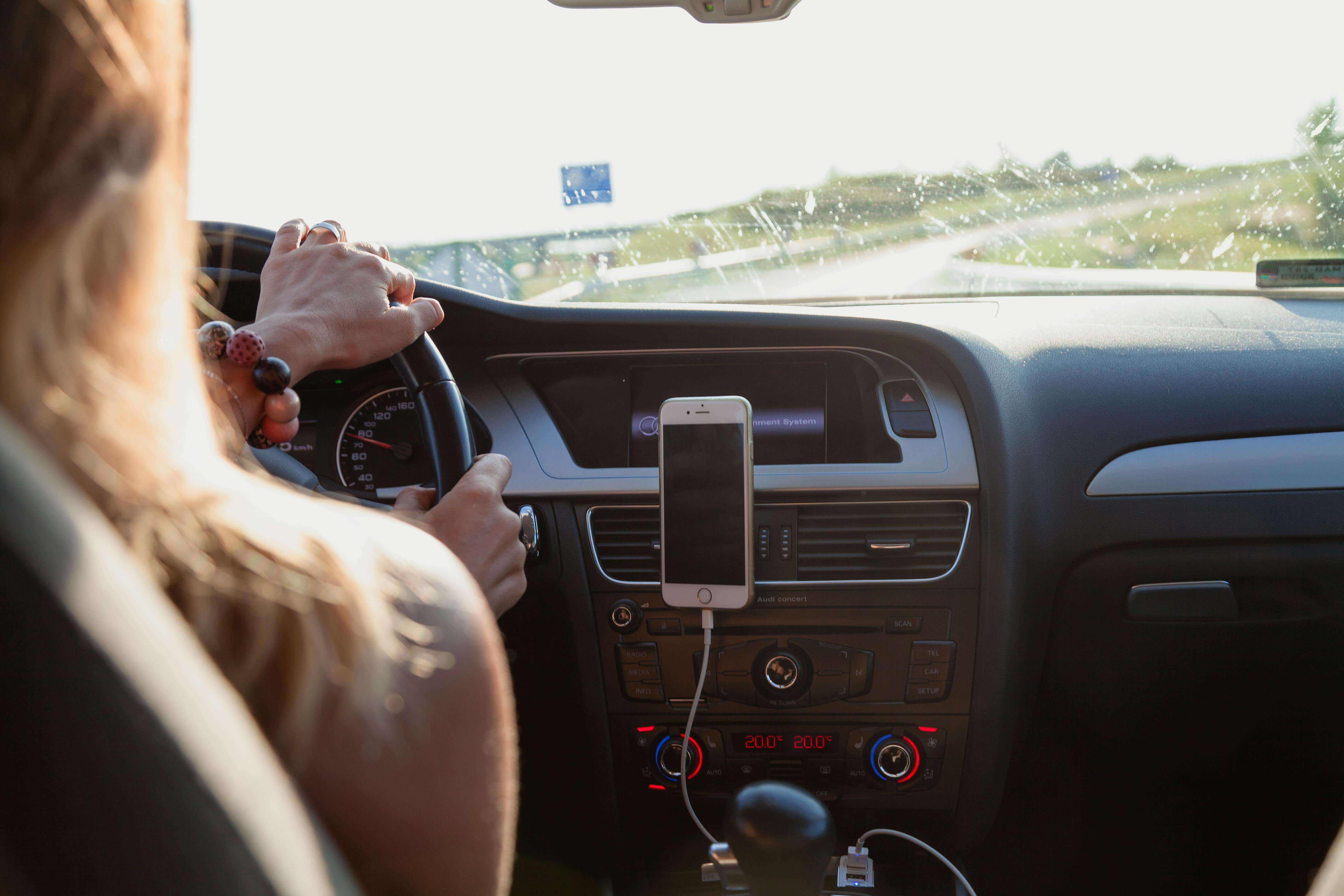How Much Deposit Do I Need for Car Finance?

If you're considering a new finance deal, there's a good chance you'll have to pay a car finance deposit before getting access to your car. Paying a large lump sum upfront may be uncomfortable at first, but a hefty deposit can make your monthly payments more affordable, streamlining the finance process in the long run.
If you're reading this guide, your luck is in.
As experts in the world of car finance, we've created this page to give you all the information you could ever need about car finance deposits.
However, if you decide you need a little more advice from our team before committing to a vehicle, you can get in touch here.
How does car finance work with a deposit?
A car finance deposit is pretty similar to any other type of deposit you might be required to pay. It's fairly typical to be asked to pay a deposit before taking out a new finance deal, regardless of the asset you're buying.
The likelihood is that you'll have paid a deposit for something before. A car finance deposit works in much the same way - you'll pay an upfront sum of money to secure the sale of your vehicle. Once your deposit is paid, the dealer will save your car for you, providing you still want to carry on with your purchase. However, your deposit isn’t just about holding your car. It also enables you to receive a cheaper finance agreement and save money, as you’re technically paying part of the cost of your car loan upfront.

Is a car finance deposit refundable?
In most cases, your car finance deposit will not be refundable. If you decide you don't want to go ahead with your finance agreement, you'll usually lose your money. However, your deposit will be held against the value of your vehicle - the more you pay upfront, the less you'll pay later on.
The only time you can expect to get your deposit back is if the finance company or dealer decides to renege on the contract before you've received your car.
Find out more about your car buying rights here.
How much deposit do I need for car finance?
The deposit amount you need to put down for car finance will depend on several factors:
Your credit score and your previous borrowing history
The model and age of the car you'd like
Whether you’d like a new or used car
What you’d like your repayments to look like
Whether you foresee any changes to your financial situation in the future
Whether you choose HP (Hire Purchase) or PCP (Personal Contract Purchase) finance
Most people recommend a deposit of 10% of the total cost of the car, but at the end of the day, it's really about what you're comfortable with. If you'd like lower monthly payments, paying a large deposit could be a good idea.
Another thing to consider is the type of finance you’d like. With Hire Purchase (HP) finance, you'll usually be required to pay a higher deposit. On the other hand, with Personal Contract Purchase (PCP) finance, the deposit amount will often be lower. This is because, with PCP deals, the value of the car is deferred into the optional final payment (known as a balloon payment) at the end of your PCP finance.
Don't forget that you'll also have to pay interest on your repayments - putting a greater deposit down could reduce the amount of interest you pay further down the line.
Is it easier to get car finance with a large deposit?
In most cases, putting down a larger deposit will make it much easier to get car finance, as there’s less risk involved for the lender - particularly if you have bad credit. If you've got a poor credit score or you've been refused car finance in the past, a larger deposit may signal more trust to your lenders.
If you have a decent credit history and you'd rather spread your money out, you should still be able to find a suitable car finance deal with a standard deposit of 10%. In some cases, you can even get finance loans with no deposit, although understandably your monthly repayments will be higher in these situations.

Can I get a car on finance without a deposit?
Yes, it is still possible to get car finance without a desposit!
However, whilst a deposit isn't always required, it may make lenders view your car finance application more favourably, as well as reducing the amount of interest paid. You're more likely to be approved for no-deposit car finance with a good credit score, but it's not completely out of the question if your rating isn't quite up to scratch.
Give our team a call today and see if you could be eligible for no-deposit car finance.
What is the 10 percent rule for car finance?
If you've been browsing through your car finance options for a while, you may have come across something called the 10% rule.
Essentially, the 10% rule states that you should spend 10% of your desired vehicle’s worth on your deposit to get the best deal.
Of course, you don't have to adhere to this rule, but if you're not sure how much to spend on your car, they may be of use.
I am looking for car finance. Can I use my old car as a deposit?
If you already have a car and you'd like a new one, you can use your old car as a deposit. This is called part-exchanging, and it's much easier if you own your old car outright. However, if you have a car finance deal at the moment and you'd like to get a new vehicle, you could also consider refinancing.
With a refinance deal, the balance owed on your old contract is rolled into your new agreement, although this could make it more expensive, depending on how much you have left to pay. Refinancing tends to be more popular with PCP deals than HP loans, as many people choose to refinance the balloon payment.
If you own your old car, you can avoid refinancing altogether. Your dealer will assess the value of your car and reduce the cost of your next vehicle, based on how much your old car is worth. You may find that this money is taken off your deposit, or it could be taken from the remainder of the money, making your monthly repayments more affordable. As such, it’s worth getting a few quotes first to make sure you're getting a good deal for your car.
Ready to see what your ideal deposit could look like? Just request a quote on our homepage and we'll find you the car of your dreams in no time.
